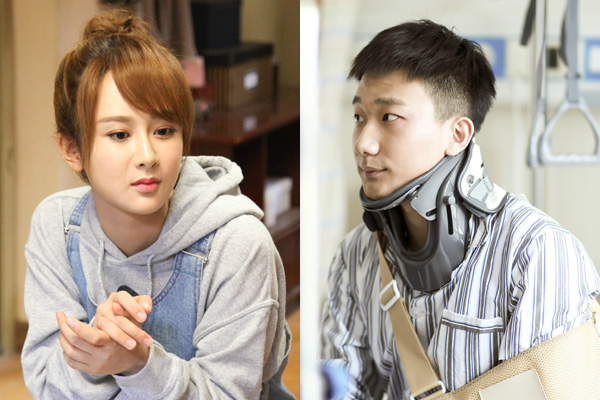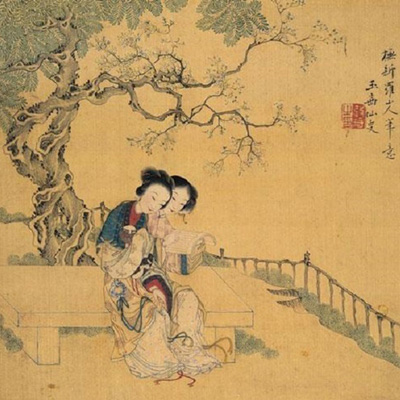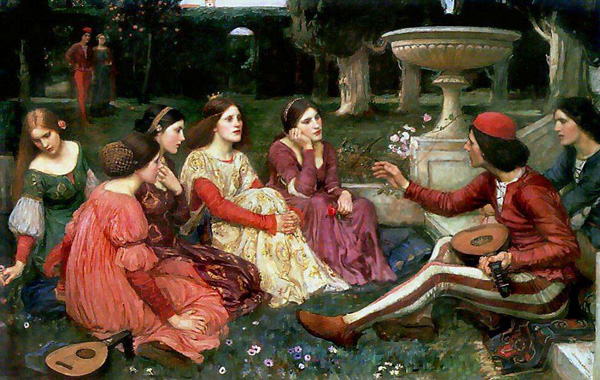Virginity issue reflected in TV drama
 |
|
Qiu Yingying (left) and Ying Qin [Photo provided to chinadaily.com.cn] |
In a recent episode of the drama, Qiu Yingying was dumped by her beloved boyfriend ,Ying Qin, a programmer working at an IT company, when he finds out Qiu is not a virgin.
Even as Qiu's friends think of ideas to restore the relationship, Ying turns them down firmly. His mother even says Qiu is not a pure and chaste woman.
Since that episode was released, there's been heated discussion about "virgin obsession" on social media platforms.
Some people think it is ridiculous to talk about virginity in modern society while others think it has something to do with China's traditional culture.
Ying may be a fictional character, but many may agree with his mindset. "As a young man, I think virginity means much to me," says Sina Weibo user Dou Fulun. "We have been told since we were kids that females should value chastity before marriage."
 |
|
An illustration from the classic book Lessons for Women [Photo/Mtime] |
In Chinese traditional culture, women's chastity has been stressed in many classic works. In the Western Han Dynasty (206 BC-AD 24), Biographies for Chaste Women, written by Liu Xiang and Lessons for Women by Ban Zhao all put the emphasis on the importance of the purity of women. In the Qing Dynasty (1644-1911), the chastity of women was praiseworthy in poetry, painting, literature and novels.
But in western civilization, the "virgin complex" does not hold the same position as in China.
During the Renaissance, from the 14th to the 17th centuries, artistic works defied asceticism to sing the praises of love between a man and woman.
 |
|
An illustration from the classic book The Decameron [Photo/Mtime] |
The Decameron, for instance, is a collection of novels by the 14th century Italian author Giovanni Boccaccio (1313–1375). The book is a frame containing 100 tales told by a group of seven young women and three young men sheltering in a secluded villa just outside Florence to escape the Black Death, which was afflicting the city.
In the book, sexual liberation and sexual freedom are at the center of many stories.
While Boccaccio and other authors have written about sexual permissiveness, 'sexual liberation' in the west really didn't come about until the 20th century, especially in the 1960s when the Sexual Revolution began.
Although the attitudes are more relaxed these days, there is still a strong element among some westerners that virginity should be kept until marriage.
It is worthwhile to note that the BBC ran an article, TV Show Triggers Chinese Virginity Debate, to take a close look on the social issue.
According to the BBC, sex education, traditional moral values and double standards on virginity propel the "virgin complex" in China.
"This is not a right or wrong issue. People with different social backgrounds may have opposite attitudes toward virginity," Zhang Chenhua, a professor at Beijing Normal University, "But I personally do not encourage premarital sex."
















